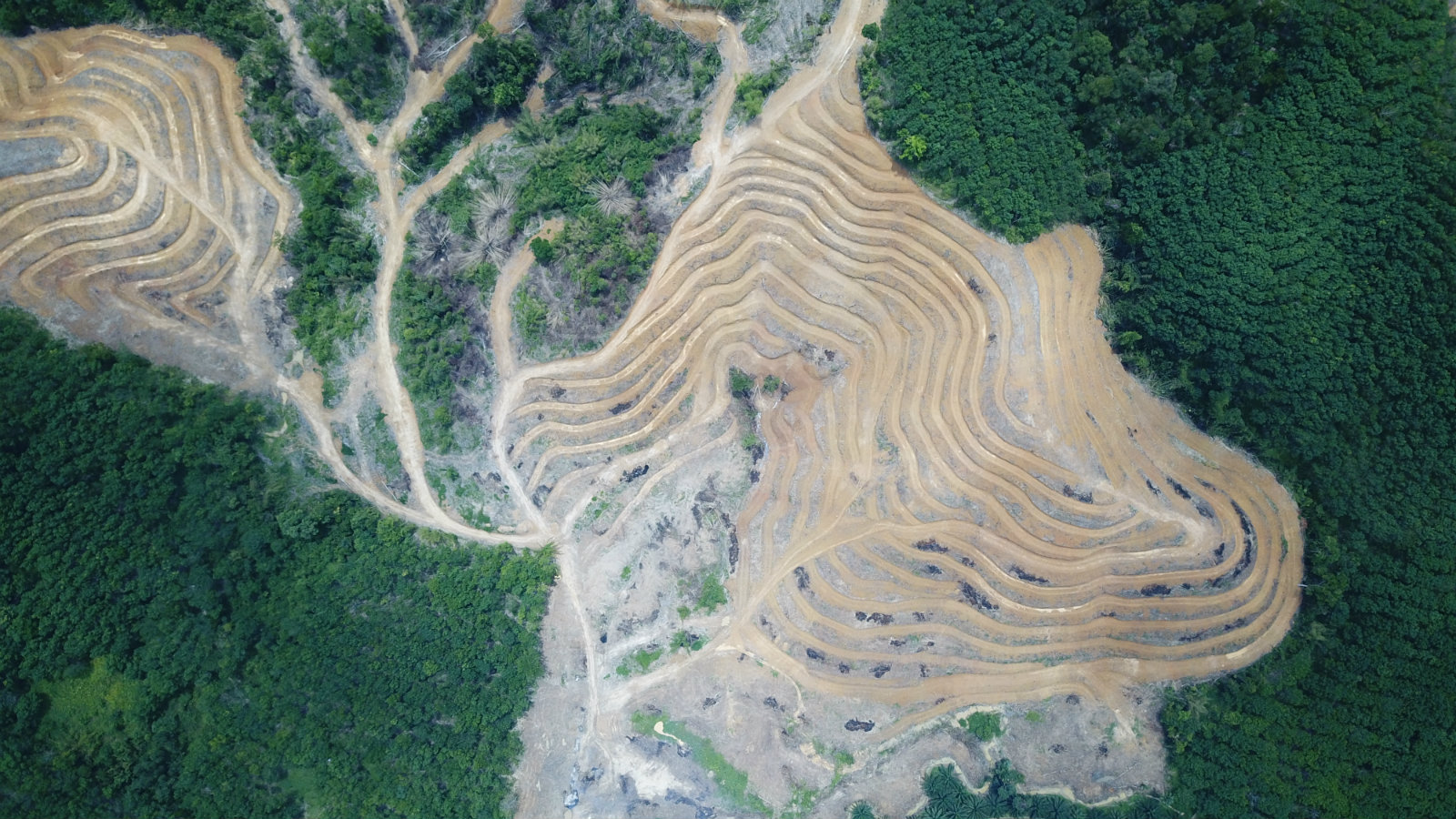What we’re tracking on 26 August 2019
All the local business press could talk about yesterday is how much the CBE’s rate cut on Thursday is a positive move for Egypt’s business climate. We have chapter and verse on what the move means for the state budget and businesses in Speed Round, below.
The global press, meanwhile, has been squarely focused on the G7 summit in Biarritz, France. Unsurprisingly, most leaders have signaled they’re being rubbed the wrong way by US President Donald Trump and his whims, the most recent of which was raising tariffs on Chinese goods. British Prime Minister Boris Johnson “voiced concern on Saturday about creeping protectionism and said those who support tariffs ‘are at risk of incurring the blame for the downturn in the global economy.’ Sitting across from Trump on Sunday, he said: ‘We’re in favor of trade peace on the whole, and dialing it down if we can.’” The Donald didn’t seem to get the message, and told reporters later the G7 leaders “respect the trade war.”
Trump’s only regret about his newest tariffs on China? That he didn’t go higher: Trump told reporters ahead of the summit that he “might as well” have second thoughts on his trade war escalation late last week, only for White House Press Secretary Stephanie Grisham to say he meant that “he regrets not raising the tariffs higher,” the Washington Post reports. The president later said that he plans on backing down from some of the threats he has made against China, reflecting “Trump’s wildly shifting approach to China, which has had a major effect on the US economy.”
The spillover effect is officially here: Stocks across the Middle East have been dipping on the back of the US-China trade war, signaling that the spillover effect from the spat could lead to a global recession, reports Bloomberg. The EGX30 remained unscathed yesterday, buoyed by positive sentiment from the CBE’s rate cut last week, but indices in Saudia Arabia, the United Arab Emirates, Kuwait, and Oman — who rely heavily on trading with China — retreated “on speculation slowing growth will sap demand for oil.”
The yuan hit an 11-year low and Asian stocks tanked in the early hours of this morning, as markets reacted to the latest flare-up in US-China trade tensions. The Hang Sang plunged 3%, the Shanghai Composite fell 1.3%, and the yuan dropped 0.7% to 7.1449 per USD. “The gloves are coming off on both sides” said Mitul Kotecha, senior EM economist at Toronto-Dominion Bank. “As long as China can ensure that yuan weakness is well controlled i.e. it does not provoke strong outflows, expect to see further depreciation in the currency.” Bloomberg has more.

Competition for Aramco IPO to ramp up this week: Global banks will travel to Saudi Arabia from Tuesday to compete for the chance to work on the long-awaited Aramco IPO, sources tell Bloomberg. Aramco has invited more than 20 US, European and Asian banks to bid for the project, which is expected to be the world’s largest ever IPO. Sources said last week that investment banks Lazard and Moelis have begun preparatory work on the listing, and will help to select the underwriters and identify listing venues. It is understood that officials from the London Stock Exchange, the New York Stock Exchange and Hong Kong Exchanges & Clearing are all competing to host the listing.
Egypt is not alone in creating a new center of administrative power: Indonesia is also shifting its capital city to a new (still undetermined) location, with current capital Jakarta nevertheless set to remain a commercial and residential hub, the Washington Post reports.
Sudan needs some USD 8 bn in foreign aid and another USD 2 bn in FX deposits over the next two years to cover import bills and help regain international trust in the economy, Sudan’s Prime Minister Abdallah Hamdok said, according to Al Arabiya. Hamdok sees these measures as necessary to stymie the decline of the SD following the country’s political upheaval.

Bad news, meat lovers. Our appetite for beef is a driving factor in the fires currently ravaging the Amazon, Reuters reports. What do we have to do with it? Brazil is the world’s largest exporter of beef and Egypt is one of its top markets. In 2018, a record 1.64 mn tonnes of beef were sent to China, Egypt, and the EU, part of a trend that reportedly saw exports grow tenfold in weight and value between 1997 and 2016. This is all bad news for the Amazon, with cattle farming being the main driver of deforestation.

This morning in bizarre news:
Trump has devised a new and innovative method for controlling hurricanes: Nuclear weapons. Axios is out with a stunning report on a White House hurricane briefing, during which the president proposed dropping a nuclear bomb inside a hurricane to prevent it from reaching the US mainland. “I got it. I got it. Why don’t we nuke them? They start forming off the coast of Africa, as they’re moving across the Atlantic, we drop a bomb inside the eye of the hurricane and it disrupts it. Why can’t we do that?” the source said, paraphrasing the suggestion. There are no words….
Steve Jobs is alive and well. In Egypt. The Sun has been busy scouring the depths of Reddit, picking up on a thread discussing a picture of an Egyptian Steve Jobs look-a-like.